The Ming - Qing emperors were hit with a "long-standing curse": Short life, infertility?
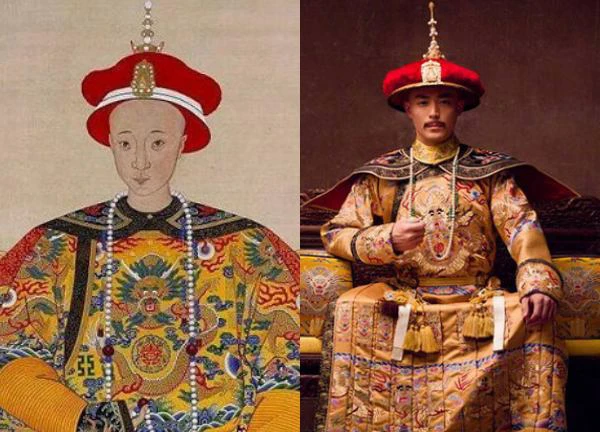
3 | 1 Discuss | Share
According to China Central Television (CCTV), archaeologists discovered a secret in the tomb of Emperor Chengzu Zhu Di through historical records. He was buried with 30 palace maids, so that these people could accompany him to the afterlife.
The Emperor opened the Ming Dynasty Tombs
The Ming Dynasty was founded in 1368 under Zhu Yuanzhang, the founder of the Ming Dynasty. After ruling for 31 years, Zhu Yuanzhang was buried in a mausoleum in Nanjing.
The second emperor of the Ming Dynasty, Emperor Minghui, son of Crown Prince Zhu Biao, ascended the throne after his father's early death, but only ruled for four years.
King Yan Zhu Di, as the emperor's uncle, launched a civil war, and soon captured Nanjing, massacred 20,000 people loyal to Emperor Hui, burned down the capital, and Emperor Hui has been missing ever since.
Some say that Emperor Hui died in the fire, others say that he agreed to give up power to become a monk.
After becoming the third emperor of the Ming Dynasty, Zhu Di moved the capital to Beijing. In the fourth year of Zhu Di's reign (1406), 1 million workers were mobilized to build buildings in Beijing, including the Forbidden City.
A year later, Empress Xu passed away. Zhu Di did not want to build a mausoleum for himself and the empress in Nanjing as was done in Zhu Yuanzhang's time.
He sent officials and geomancers to find a suitable site for the mausoleum. Two years later, Zhu Di himself went to assess the chosen site. It was a large area with good soil and surrounded by hills, about 40 kilometers northwest of Beijing.
This area was chosen not only because of its beautiful scenery, but also because it is located at the foot of Thien Chau Mountain, north of present-day Truong Binh District, which was very suitable from a military perspective.
Zhu Di was the first of a series of Ming Dynasty emperors buried in this area. There are 13 tombs in total, so they are called the Thirteen Tombs.
Over a period of 235 years, the Thirteen Tombs were built successively through many dynasties, from the time of Zhu Di until the fall of the Ming Dynasty.
This mausoleum complex is over 40 square kilometers wide and surrounded by walls. Each emperor's mausoleum is located on a hill surrounded by trees.
Underground Palace
To reach Truong Lang, visitors must pass through a 7km long road called Than Lo. This is considered a sacred road with tree canopies and life-size animal statues, as well as imaginary beasts and statues of mandarins and generals.
The Divine Road represents the path connecting to heaven. According to Chinese belief, the emperor is the Son of Heaven, descending to earth via the Divine Road, so when he died, Zhu Di, the Ming Chengzu, wanted to return via this path.
During the Ming Dynasty, commoners were not allowed to set foot in Changling and the tombs of the Ming emperors.
The mausoleum was built in the style of the Forbidden City with its interlaced towers, red walls and yellow tiles, representing the power and status of the Chinese emperor.
Outside the underground mausoleum is the Lang An Palace. This is where later emperors came to pay respect to their ancestors and pray for peace and prosperity for the country. Lang An Palace was built in the style of Thai Hoa Palace, implying that in the afterlife, the emperor still had supreme power.
The palace is supported by 60 pillars crafted from golden silk nam moc, each pillar crafted from an original precious wood.
This is a precious wood that only grows in the mountainous areas of Sichuan and Yunnan, with a small amount of exploitation. The value of the wood at that time was even greater than gold. To bring 60 trees to Changling, the Ming Dynasty spent 3-4 years and mobilized 20,000 workers.
Behind the Ling En Palace is a smaller, towering square building called the Ming Tower, a typical structure of Ming Dynasty imperial tombs. Inside the Ming Tower is the emperor's tombstone; looking out from this building is a circular mound, underneath which is the palace where Zhu Di's tomb is located.
Because they feared outsiders would find their way in, the ancients kept all the secrets hidden when building the mausoleum. Therefore, Changling remains a mystery to Chinese archaeologists to this day.
Chinese archaeologists have only opened a path to the Dingling Mausoleum, where Emperor Shenzong Zhu Yijun was buried, revealing the structure of the underground palace.
The underground palace of Dinh Lang is located in the heart of a green hill, 27m deep below the ground. The entire underground palace is 1,195m2 wide, consisting of five rooms, connected by long corridors.
Archaeologists believe that the underground palace where Emperor Chengzu of the Ming Dynasty was buried is similar.
Flocks of crows regularly fly back to the Forbidden City at midnight, signaling a creepy spiritual event. 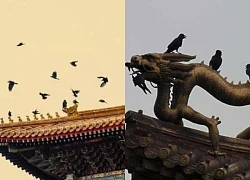 Thảo Mai15:52:10 19/01/2025The Forbidden City's inner palace has always been a subject of curiosity. Many people wonder about the flocks of crows flying from the northwest every morning, even when there is no one around.
Thảo Mai15:52:10 19/01/2025The Forbidden City's inner palace has always been a subject of curiosity. Many people wonder about the flocks of crows flying from the northwest every morning, even when there is no one around.

3 | 1 Discuss | Share
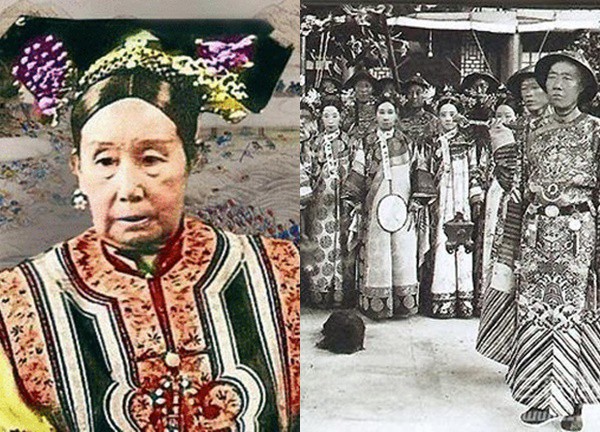
7 | 1 Discuss | Share
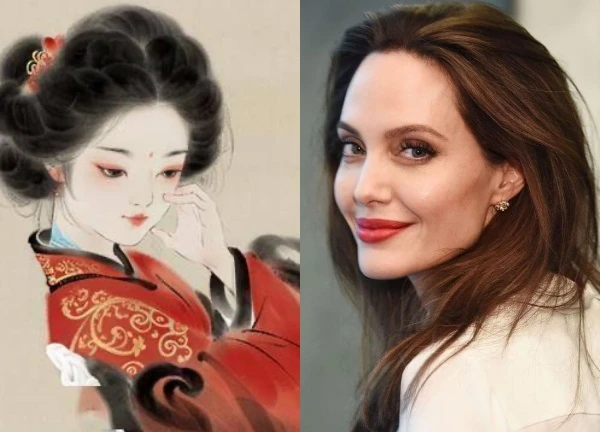
3 | 0 Discuss | Share
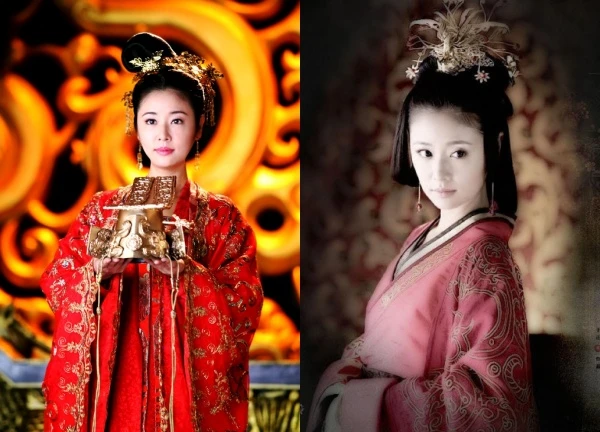
5 | 0 Discuss | Share
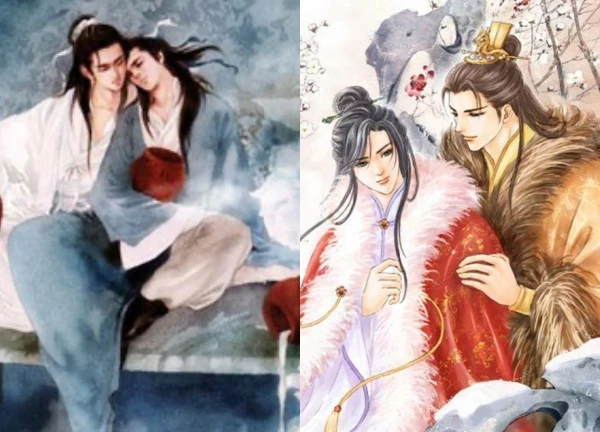
2 | 0 Discuss | Share
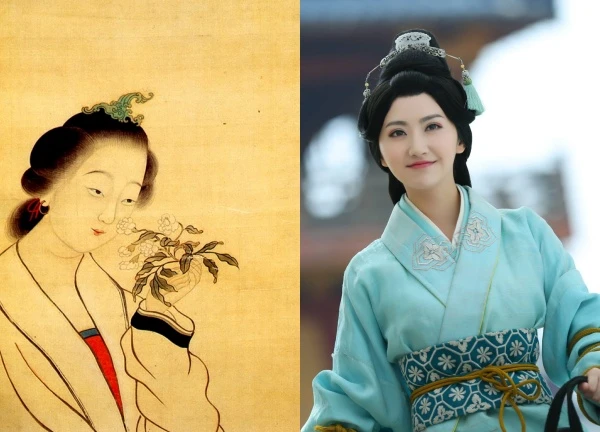
4 | 0 Discuss | Share
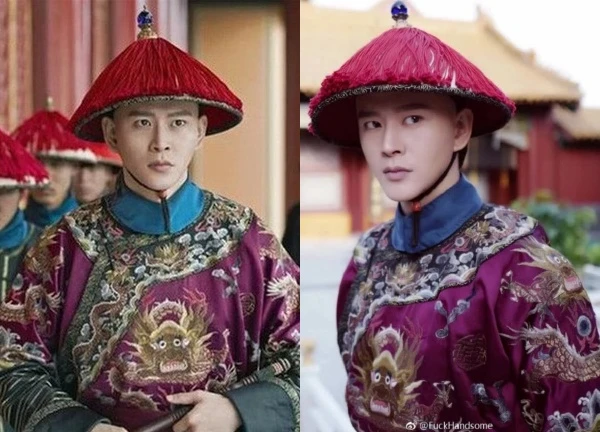
1 | 0 Discuss | Share
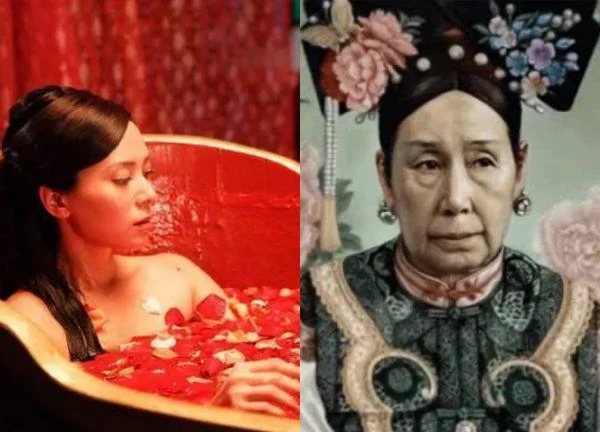
2 | 1 Discuss | Share
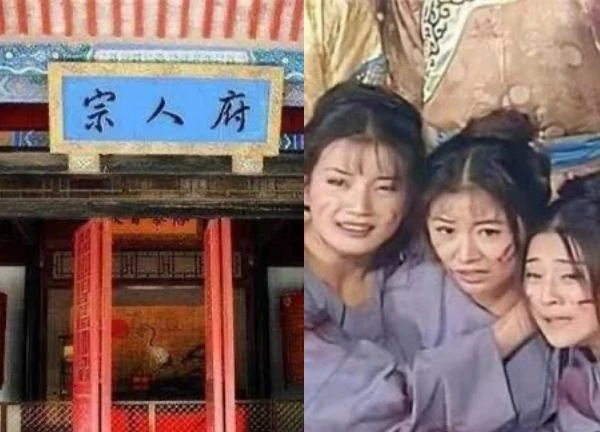
3 | 1 Discuss | Share
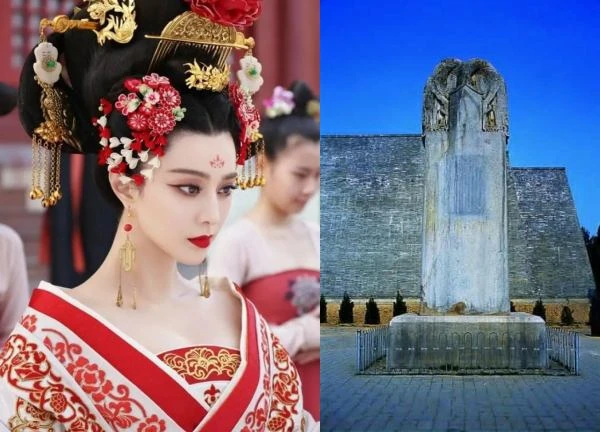
5 | 1 Discuss | Share
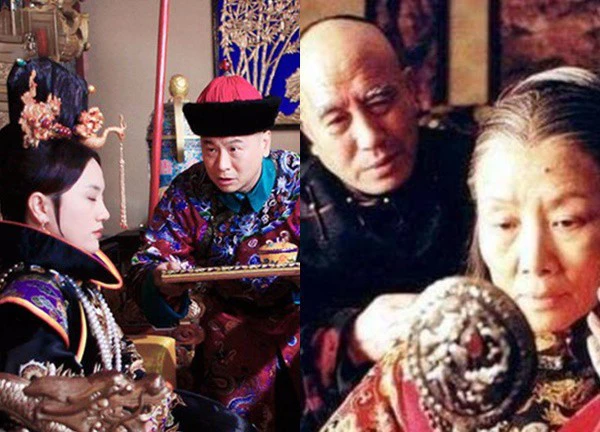
1 | 1 Discuss | Share
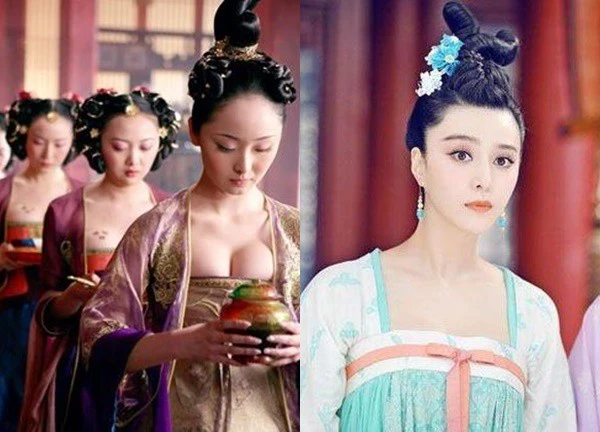
2 | 1 Discuss | Share


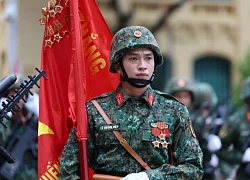







4 | 0 Discuss | Report